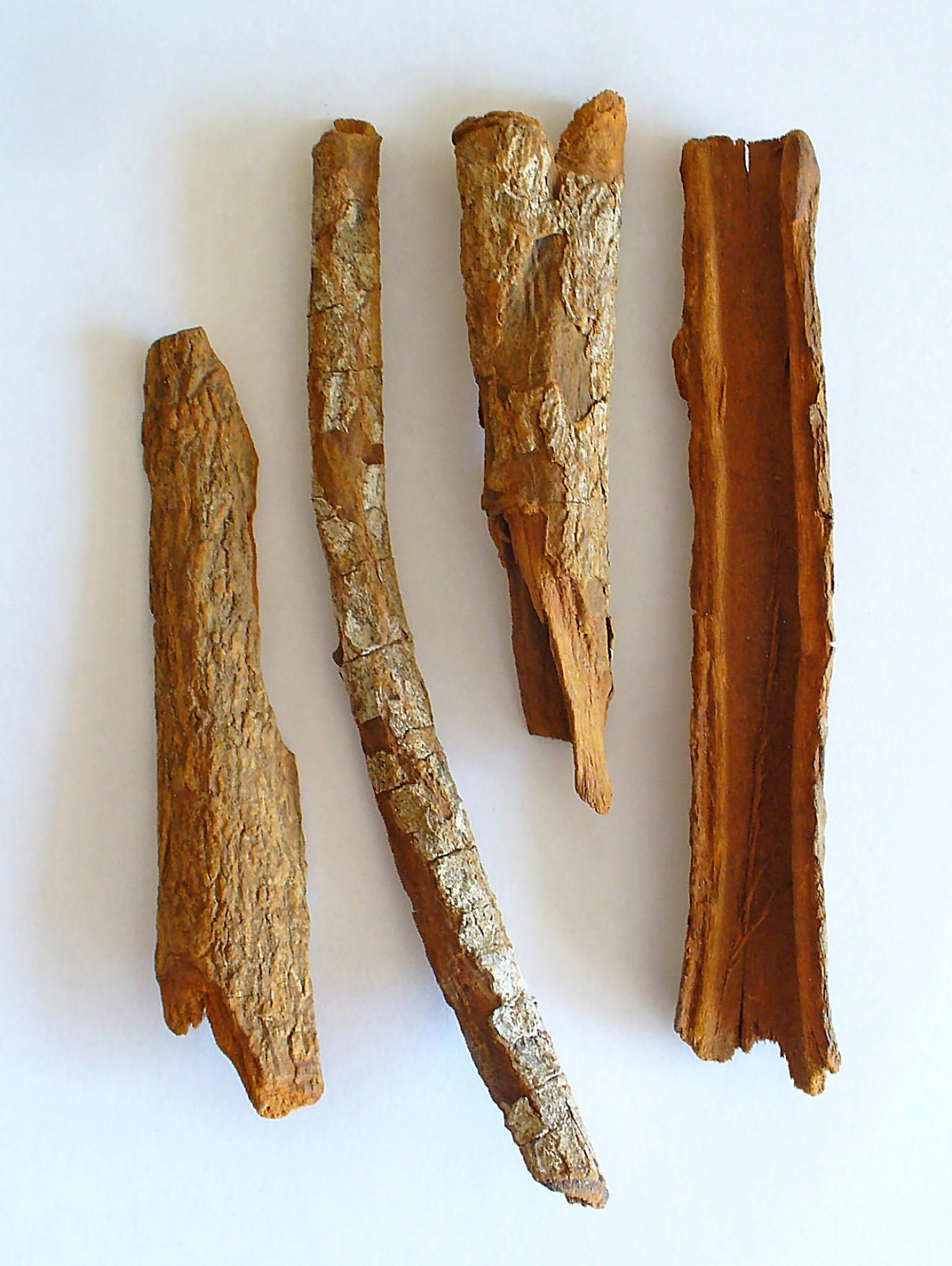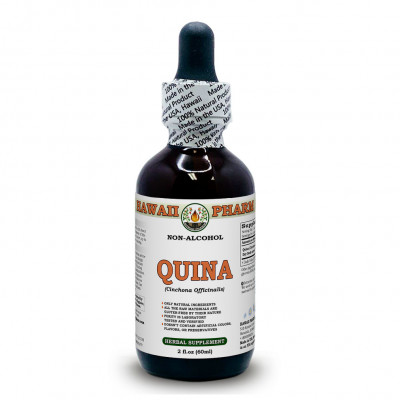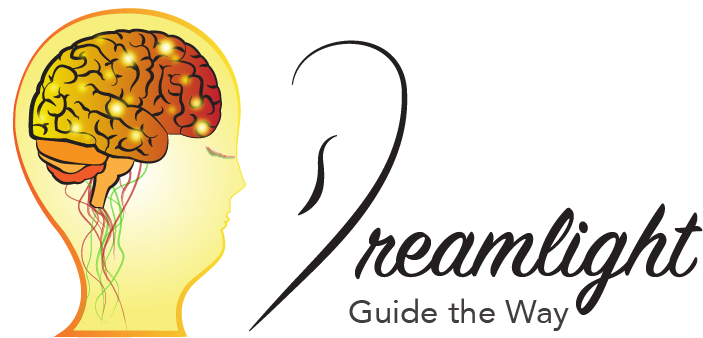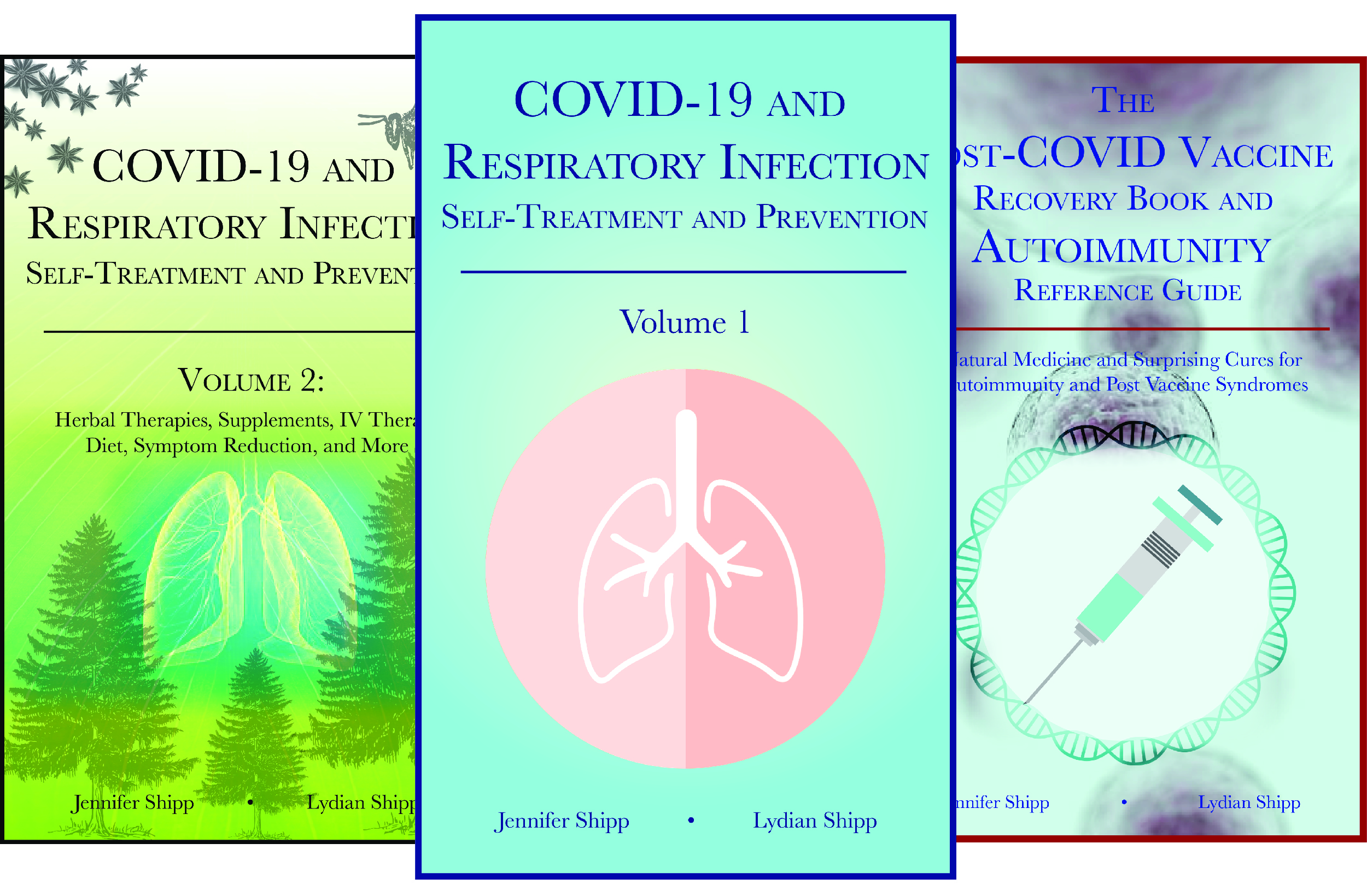 Quinine for COVID Herbal Treatment
Quinine for COVID Herbal Treatment
Cinchona bark comes from various trees in the Cinchona family of plants, all of which are native to the western part of South America in the Andes Mountains. The plant has long been used as a remedy for malaria due to its high quinine content. Two of the most successful medications currently being used to treat COVID-19, chloroquine and hydroxychloroquine, are both chemical derivatives of quinine. Thus, because cinchona bark contains such high levels of this quinine, this herb may prove to be an effective remedy in the treatment of viral infections such as coronavirus as well. 2
Chloroquine, the synthetic version of quinine, has also been used to treat HIV and SARS, both viral infections with the second being a close relative of the COVID-19 virus. The malaria parasite (and perhaps some viruses too) have exhibited resistance to this drug, however use of cinchona bark is likely to still be effective since it’s difficult for viruses to become resistant to plant medicines in the same way that they can resist artificially produced substances like chloroquine. 1
A number of people have successfully used Cinchona bark as an herbal remedy for Long COVID. Herbs that work to treat this disease work, at least in part, by targeting COVID viruses that are colonizing remote areas of the body that are impossible for conventional medicine to reach. Most drugs are created to be extremely targeted and as such, they tend to contain one active ingredient which is easy for the liver to break down. The liver becomes host to all kinds of pathogens as a result of treatments using conventional medicine drugs. Herbs are much more complex in terms of the medicinal substances that they contain. For this reason, herbs for Long COVID are often more powerful than prescription drugs.

Click here to buy Cinchona bark / Quinine tincture.
What is quinine?
Quinine is a bitter-tasting alkaloid compound extracted from the bark of Cinchona trees. Quinine was first formally isolated about 200 years ago in the 1800s and has been used ever since to treat various illnesses, though it was specifically noted for its efficacy in treating malaria. Cinchona bark had been used by locals in the Andes of South America for numerous years before that. Spanish settlers in South America noted the use of cinchona bark and eventually discovered in the mid-1600s that the extract of this plant was highly effective for malaria. Knowledge of cinchona bark and its extracts quickly spread to Europe and beyond. 2, 3In India (and other malaria-prone countries around the world), there was a time when it was common to take a spoonful of quinine extract in the morning to prevent malaria, and when it was also used therapeutically to treat an existing malaria infection. In the United States, quinine was a common treatment for leg cramps until 1994 when it was banned from use in hospitals. It has also been recommended in Germany for the treatment of leg cramps and spasms. 3, 4
Quinine has a long and reputable track record as a safe and effective treatment for illness, however there are still some side effects, especially at higher dosages, during long-term use, or in people who are contraindicated for using quinine. These side effects include lowered blood platelet counts, loss of hearing, and irregular heartbeat (arrhythmia). Some people have also experienced changes in vision, disorientation, and hematomas or skin bleeding. 2, 3, 4

Click here to learn more about the DreamLight.app, a guided meditation and brain-entrainment tool that enlists the mind and spirit in the healing process to overcome Long COVID naturally.
Quinine and Cinchona Bark for COVID-19
Quinine has been shown in studies both in vivo and in vitro to be an effective treatment for COVID-19. One study demonstrated that quinine solutions are at least as effective as chloroquine or hydroxychloroquine if not more effective in some cases. In addition, it has a generally better safety profile than chloroquine and hydroxychloroquine. These two artificial analogs of quinine can cause side effects such as gastrointestinal disturbances, cramps, cardiac arrhythmias, visual disorders, retinopathy and hemogram disorders, even in lower dosages. 7Due to the anti-inflammatory and antiviral effects of quinine that were observed in this study, cinchona bark and quinine are likely to be effective in the treatment of not only early COVID-19 infections, but also in the treatment of cytokine storms. Quinine can help dramatically reduce even particularly high viral loads by inhibiting the coronavirus’s ability to replicate in the body, while simultaneously preventing excessive cytokine production. As a well known and highly effective treatment for fever and fever-related diseases like malaria, the results of this study aren’t surprising in regard to quinine’s ability to reduce inflammation and prevent cytokine storms. 7
In the study mentioned above, quinine was administered in two different forms, both of which were dissolved in DMSO to create a standardized dosage for administration during the study. Thus, quinine and DMSO may be combined, and their combination may help increase the potency of quinine in the body for the treatment of COVID-19 and other viral infections. 7 Quinine may also be combined with Artemisinin, another important anti-malarial and anti-COVID medicine. These two herbal treatments have been used successfully to cure COVID-19.
 COVID-19 and Respiratory Infection Self treatment and Prevention BUNDLE - Volumes 1, 2, and 3
COVID-19 and Respiratory Infection Self treatment and Prevention BUNDLE - Volumes 1, 2, and 3
Dosage Information for Cinchona Bark/Quinine
Quinine is an alkaloid found in cinchona bark and is the primary active antiviral constituent present in this plant medicine. Thus, the dosing information for quinine and for cinchona bark is somewhat different. When treating COVID-19, malaria, or a viral infection with a quinine extract, the generally accepted dosage is between 750mg to 1000mg per day. The patient should take this amount for the duration of the acute phase of the illness, generally between a few days to a week. Then the dosage may be decreased to 250mg to 400mg per day and taken until the patient fully recovers to completely get rid of the virus and prevent secondary infection. 8Cinchona bark is available in teas, tinctures, and capsulized forms. Purified quinine extract is somewhat more difficult to obtain but may be acquired in some countries under certain brand names, including Qualaquin and Limptar N. 8, 9 No matter which kind of medicine you are using, use of quinine/cinchona bark may continue until the symptoms of the infection start to subside, or until you are tested negative for COVID-19 (or another viral infection that you may be treating using this plant medicine). Long term use should generally be avoided, particularly at the higher therapeutic dose recommended above, however a lower dose may be used as a form of prevention for people working or living in areas where they are at particularly high risk of catching a virus (such as nurses or doctors).

Click here to learn more and subscribe to the Living Database now.
Contraindications
Pregnant women should avoid drinking high quantities of tonic water (which generally contains quinine) and taking higher doses of cinchona bark or quinine. However, according to one study on the use of quinine and chloroquine in the treatment of malaria during the first trimester of pregnancy, these two medicines can be used effectively and relatively safely. The study showed that the miscarriage rate for women treated with quinine did not significantly differ from that of other women in the community who did not have malaria during pregnancy, and the instances of birth defects, stillbirth, and low birth weight were statistically comprable as well. The women in the study did report higher instances of tinnitus while taking quinine. Thus, at a therapeutic dosage for the treatment of a life threatening illness like malaria or severe COVID-19, quinine may be an acceptable treatment. However, it should not be taken as a prophylactic to prevent disease during pregnancy. 5Breastfeeding mothers can safely use quinine as a medication or in the form of tonic water. The amount of quinine that is present in breastmilk is extremely low. However, mothers who are breastfeeding infants with a glucose-6 dehydrogenase deficiency should avoid quinine use. 6 It should be noted that quinine has been used safely and successfully in children (even infants) to treat malaria and other illnesses, however the authors recommend seeking the advice of a health professional before administering quinine or cinchona bark to a young child.
Use of quinine is contraindicated for individuals with existing tinnitus, pre-existing optic nerve damage, haemolytic anemia, or oversensitivity to cinchona alkaloids. People who have cardiac dysrhythmias or who are currently taking medications such as anticoagulants or other drugs that might interact with quinine should also not take cinchona bark. 4 Specifically, individuals who are taking amantadine, carbamazepine, phenobarbital, warfarin, and nondepolarizing muscle relaxants like pancuronium should not use quinine or cinchona bark. 9

Resources:





























